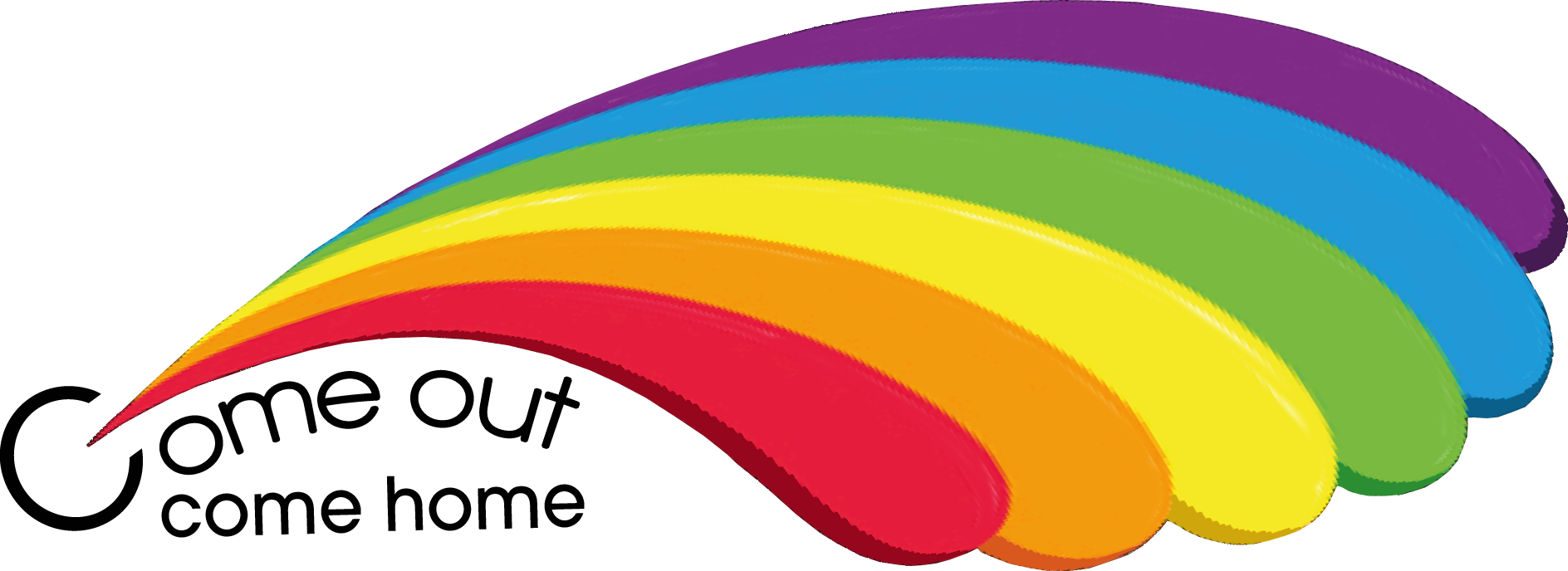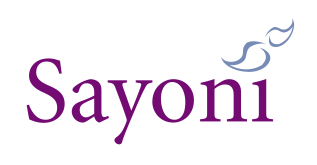Article 1: All human beings are born free and equal in dignity and rights. They are endowed with reason and conscience and should act towards one another in a spirit of brotherhood.
Article 3: Everyone has the right to life, liberty and security of person.
Article 9: No one shall be subjected to arbitrary arrest, detention or exile.
United Nations Universal Declaration of Human Rights, 1948
As an undergraduate in New Zealand, I was exposed to a wide range of issues. I do not know what the current state of discourse in New Zealand society is, but at the time, issues of biculturalism were prominent, as were social, political and LGBTQ issues. I was sensitized to them because of my own socialization process as a student and a foreigner. Years later, I found myself working in Bangkok as a researcher and activist for a number of non-governmental organizations (NGOs), the last of which was a human rights organization. But the first time I was exposed to “injustice” was as an undergraduate. I woke up one morning and went to a meeting called by the international student advisors. We were told that two airplanes had crashed into the World Trade Centre towers in New York City. 9/11 had happened and it became a reality for people all over the world. What struck me was how we were told that, as student leaders, we should be on the lookout for students who experienced discrimination because they were Muslim. In the days and weeks that followed, there were attacks on African and non-African Muslim individuals. I remember the mention of “Africans” because it was reported that a Somali woman was attacked in a suburb. Somali women typically do wear the abaaya, or veil… this was my first real experience with discrimination. Surprisingly enough, or so I thought, New Zealand does not have a strong culture of discrimination of LGBTQ individuals, which separates it from Asia or South East Asia.
I hope to be part of a broader network of change that links LGBTQ issues to larger issues of discrimination like racism. There are links that can be strengthened and improved. For example, that LGBTQ issues or campaigns, like Pink Dot, or the campaign to repeal Section 377A of the Penal Code are visibly targeted at queer communities and specifically, gay men, have drawn the ire of some. I have two main comments on this issue – first, there is an understanding amongst some LGBTQ activists that there is a need to link these campaigns to other human rights-related issues in Singapore and the region. Second, I think it is unfortunate that most people don’t have a problem with the lack of general civil and political rights which people in Singapore face. I’ll just go back to s377A. Too many people don’t see this as an issue of rights, which they should. Instead, they think it is a problem which falls only in the province of homosexual men.
Of course, another issue in Singapore is that the media avoids discussing LGBTQ issues by just appealing to or ramping up “camp”. The public is well aware that there are well-known personalities in the media who identify as queer. But there is a collective persistence to sweep the issue under the carpet or even to capitalize on a section of the public’s nascent acceptance of the fact by producing plays, movies, comedies which allude to queer issues, without ever engaging with the issues directly (or which even refer obliquely to these actors’ sexual orientation for entertainment value). This position, fortunately or otherwise, is tenable and even appealing. Popular films, even independent ones, sometimes represent queer individuals as problematic individuals. Frequently, there are storylines in which problematic queer love affairs are resolved by suicide or other forms of violent death or disempowerment. These outcomes and resolutions, which are depicted as a result of their sexual orientation – not because of their being the victims of political repression, or because of their socio-economic status – are themselves problematic. To me, media depictions of LGBTQ people are only fair if we take into context the wider social and political environment as opposed to it just being about their sexuality or sexual orientation. As a straight man, it’s assumed that I don’t know or don’t care about LGBTQ issues; but then again, not many people would know about my research interests or activism.
Yes, it’s somewhat true that the bulk of Singaporeans don’t experience “massive problems” when it comes to human rights issues, but the reality is that we have to bring people away from just talking about or caring for consumer rights, for instance. So I’m not saying that the minimum wage or the freedom to set up businesses, for example, doesn’t matter – it does. So does the repeal of Section 377A, and the complete abolishment of both the death penalty and the Internal Security Act. These are all issues that affect us; friends, family, co-workers and loved ones.
We have to stop looking at the justifications and our history for the reasons why these are in place. Too often, people appeal to a sense of “historical utilitarianism”, to use the term broadly, to justify the unmoving status quo. Things cannot just be “that way, because it was for the best”. Change has to happen, and it has to happen on a wider scale. I hope to be part of that change.


 www.sayoni.com
www.sayoni.com




